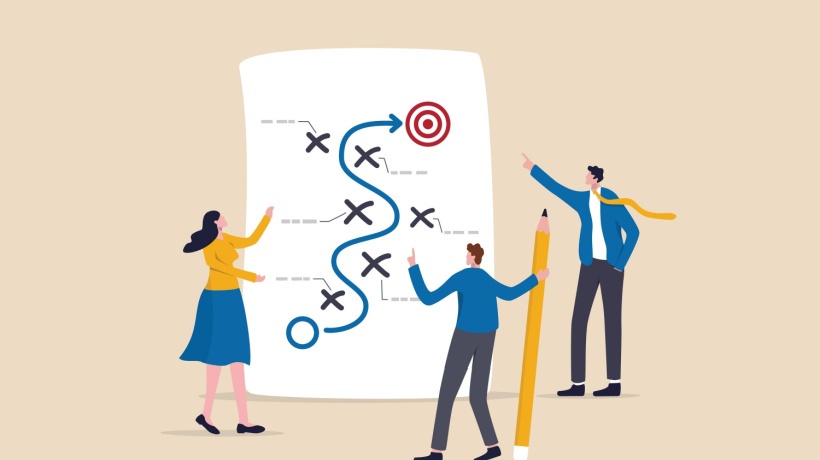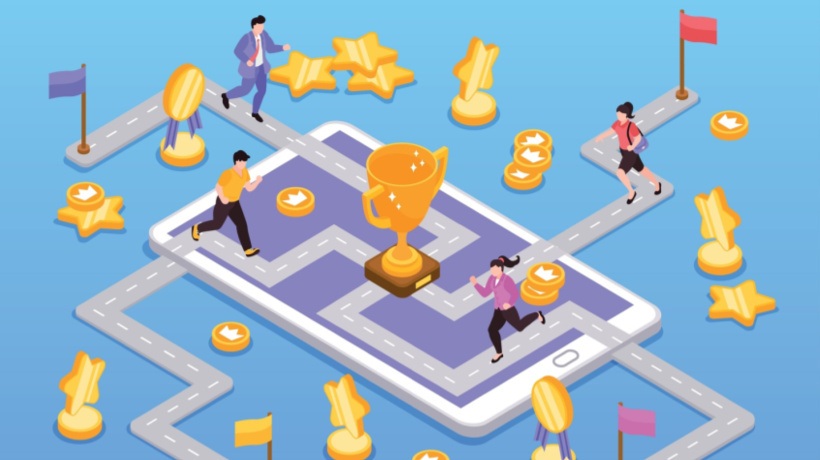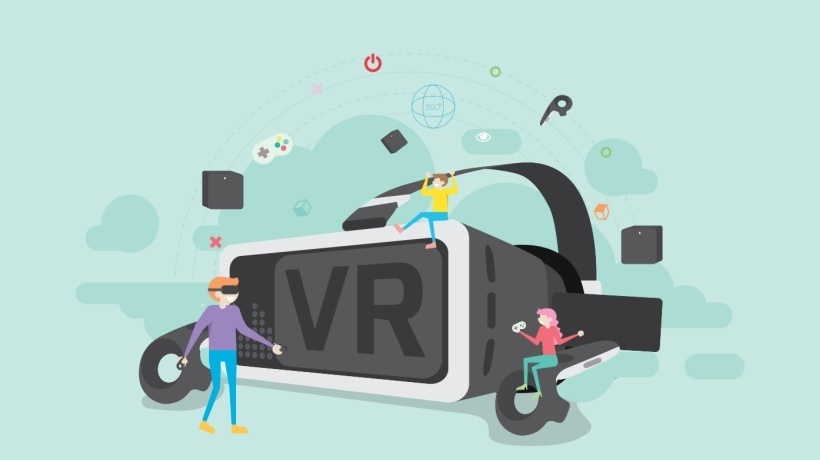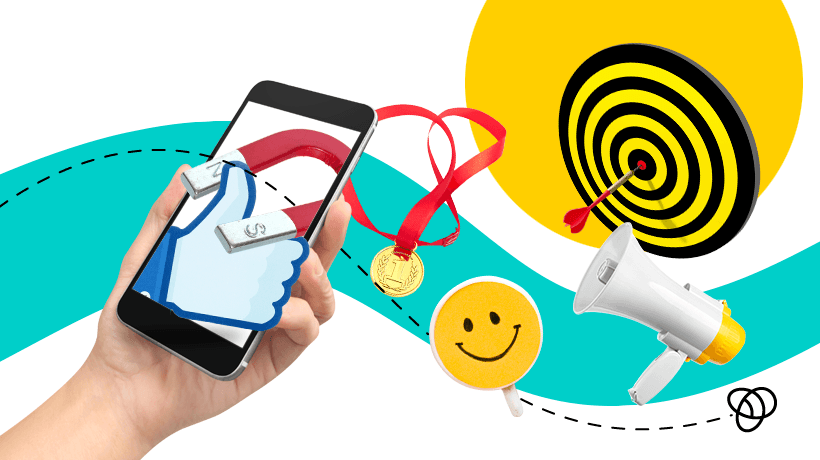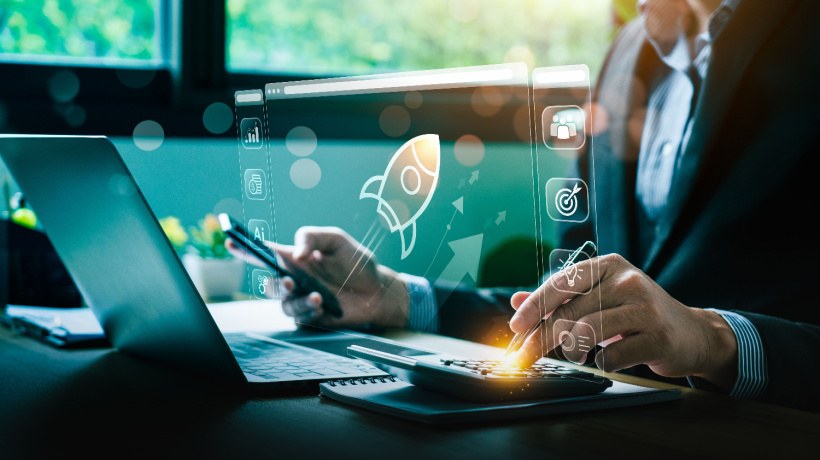Building The Next Generation Of Skilled Leaders
Leadership requires a diverse set of skills, many of which come from continuous Learning and Development. Often, leaders must go through tedious training sessions and workshops to enhance their soft skills, such as communication, collaboration, conflict resolution, and critical thinking. However, these traditional methods of learning have not been very effective in engaging learners and retaining information for a long time. This is where gamification comes into play! Gamification of soft skills and learning has shown itself to be a promising approach to making learning more interactive, engaging, and effective. Let's explore the benefits of gamification for leadership development.
Gamification For Leadership Development
Increases Engagement And Motivation
Gamification involves incorporating game elements, such as levels, badges, points, rewards, and challenges, into nongame contexts to make them more engaging and fun. This approach has been proven effective because it taps into people's innate desire for competition, achievement, and recognition. When leaders participate in a gamified learning environment, they are more likely to be motivated to complete tasks, strive for better performance, and enjoy the learning process. In addition, gamification allows for immediate feedback, such as progress bars and leaderboards, which can create a sense of control over learning outcomes and help individuals stay on track.
Enhances Retention And Transfer Of Learning
One of the challenges of traditional learning programs is that learners often forget what they learned after a while. Also, they may not be able to utilize the learning to solve problems in the real-world context. Gamification addresses this issue by providing various opportunities for learners to apply their soft skills to different scenarios in a safe and controlled environment. By doing so, learners can reinforce their knowledge and practice their skills repeatedly until they become second nature. Moreover, gamification can facilitate the transfer of learning, which is the ability to apply knowledge and skills learned in one context to another. Gamification can create simulations or challenges that resemble the work environment where learners can use their soft skills.
Provides For Diverse Learning Capabilities
Learners have diverse needs, learning styles, and preferences. Gamification can accommodate individual differences and provide personalized learning experiences that cater to the individual's needs. For example, a gamified leadership development program can offer different difficulty levels, allowing learners to choose the level that suits their skillset or challenge themselves to reach higher levels. Moreover, gamification can provide multiple pathways to achieve the same learning goals, allowing learners to choose the path that aligns with their interests or needs. Additionally, gamification can offer opportunities for self-reflection and self-assessment, allowing learners to monitor their progress and identify areas for improvement. A Zippia study on 500 businesses revealed that 30% of respondents admitted that gamification resulted in an enhanced desire to be engaged while working.
Fosters Collaboration And Social Learning
Leadership often involves working with others and building relationships. Gamification can facilitate collaboration and social learning by creating a sense of community and transparency. A gamified leadership development program can offer leaderboards or ranking systems that allow leaders from different teams or departments to compete or collaborate. They can also engage in social learning through discussion forums, simulations, and challenges that require teamwork and communication. Moreover, gamification can promote peer feedback and mentorship, allowing learners to learn from their peers and share their insights and experiences.
Increases ROI And Business Impact
Implementing a gamified leadership development program can result in a significant Return On Investment (ROI) and business impact. Gamification can reduce the cost of training and development by reducing travel costs, instructor fees, and equipment expenses. It can also increase efficiency by reducing the time to complete a task or a program. Furthermore, gamification can enhance business results by improving leadership skills critical for achieving strategic goals, such as innovation, agility, collaboration, and customer satisfaction.
Conclusion
In today's competitive and fast-paced world, leaders must continuously develop their soft skills to stay ahead. Gamification offers an innovative and practical approach to enhancing leadership skills by incorporating game elements into learning contexts. By increasing engagement, improving retention, providing personalized learning experiences, fostering collaboration, and increasing ROI and business impact, gamification can revolutionize leadership development. As leaders, it is essential to embrace gamification as an innovative solution to drive learning outcomes and cultivate continuous learning in our organizations.
